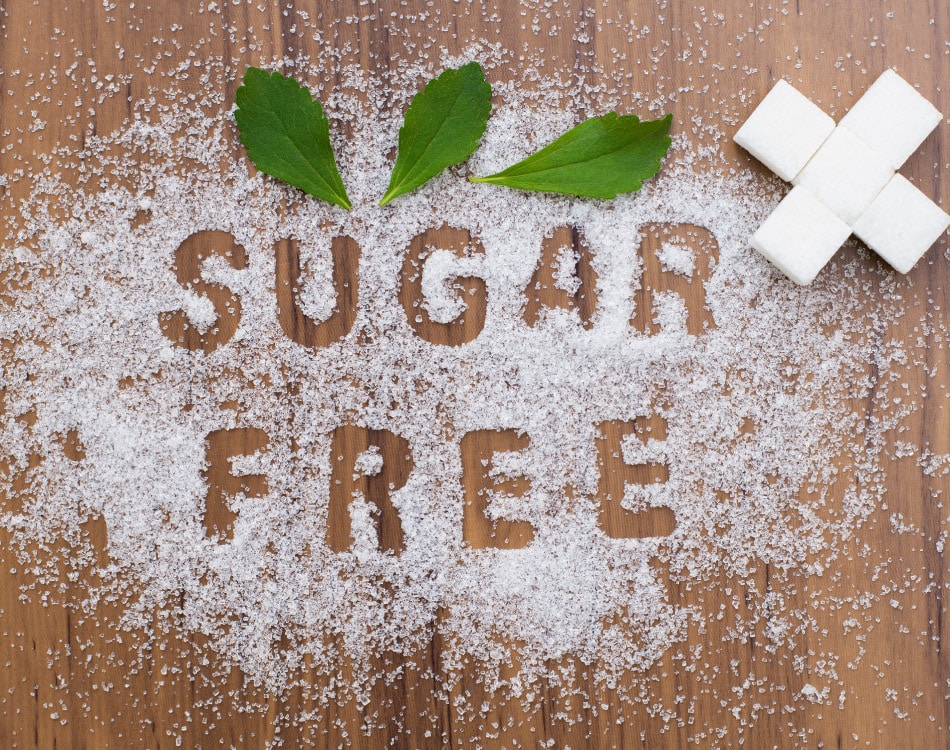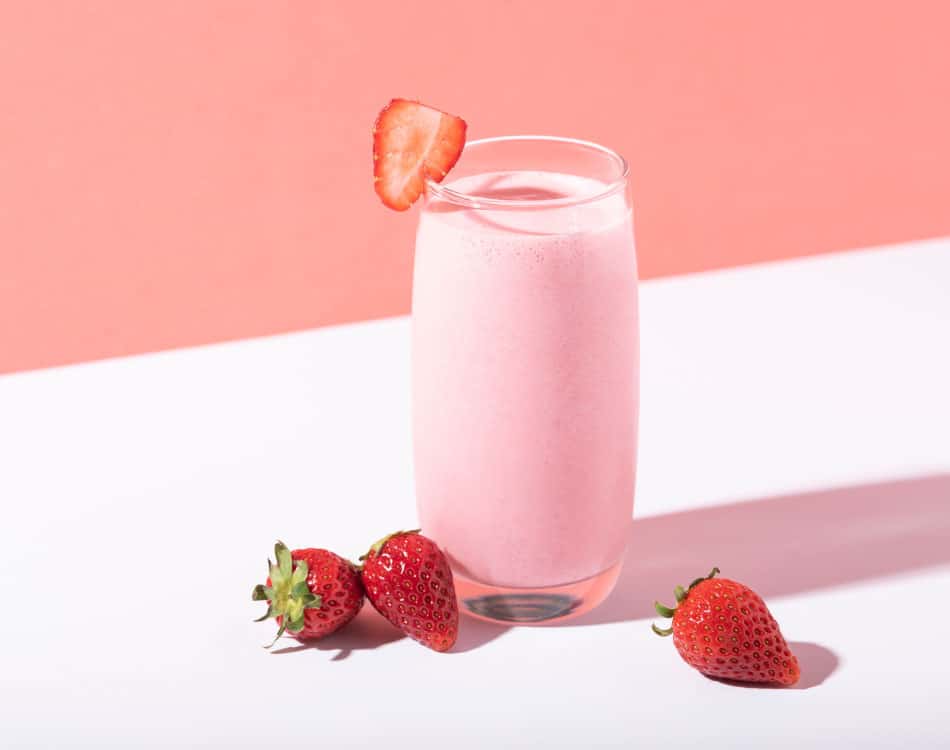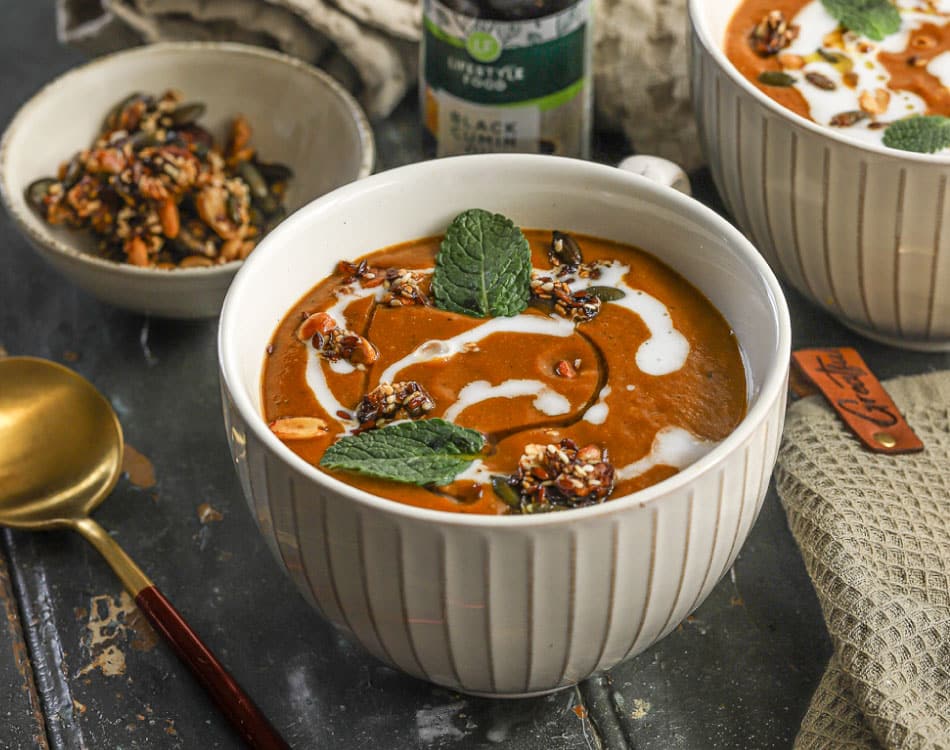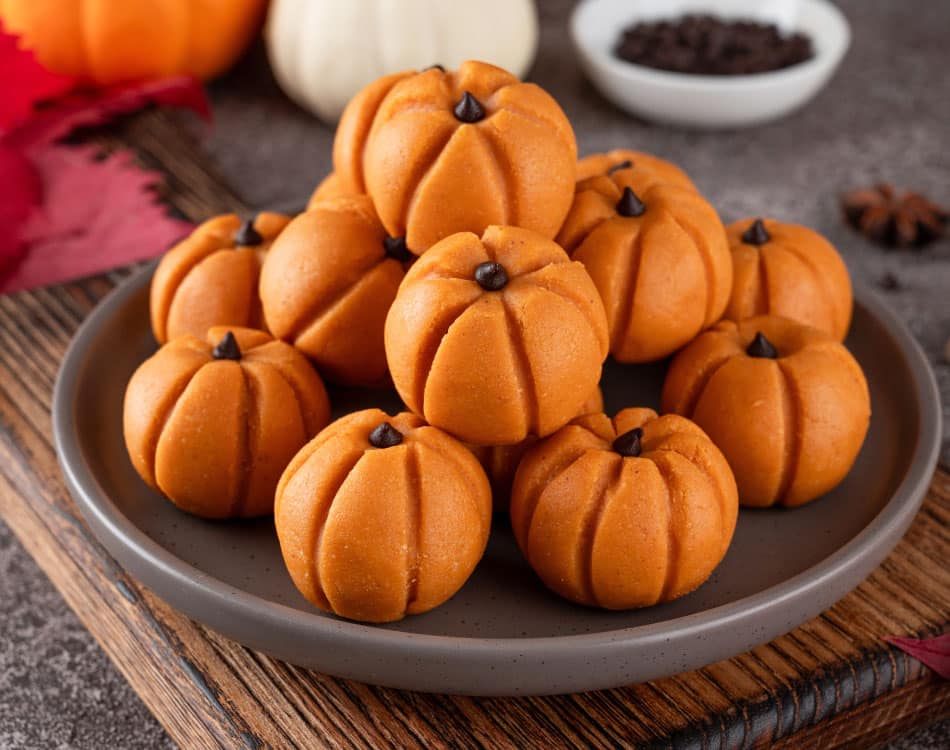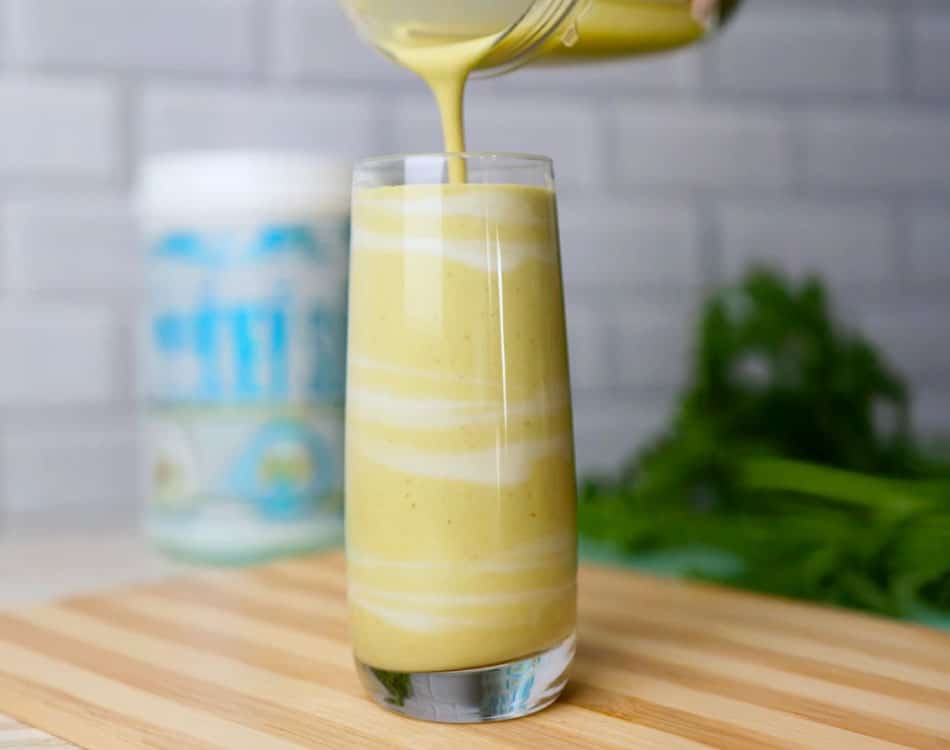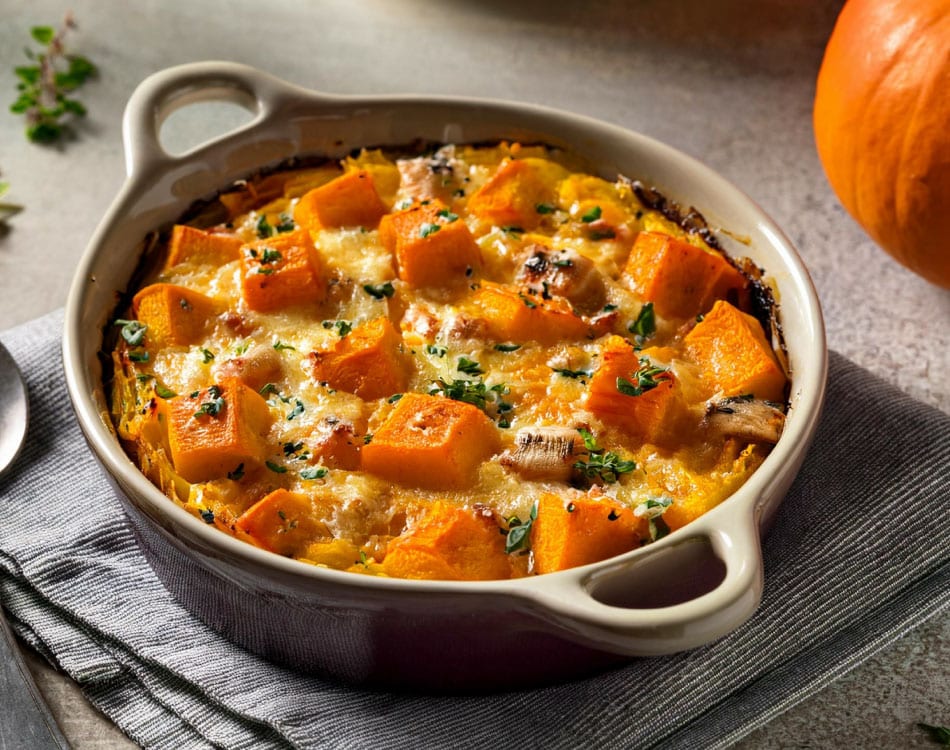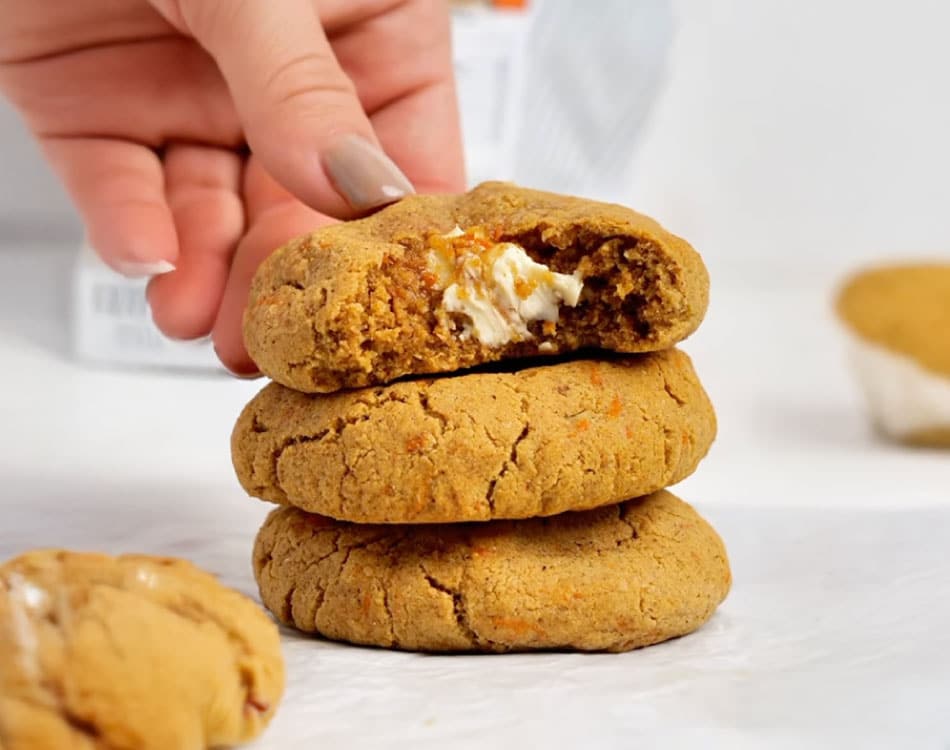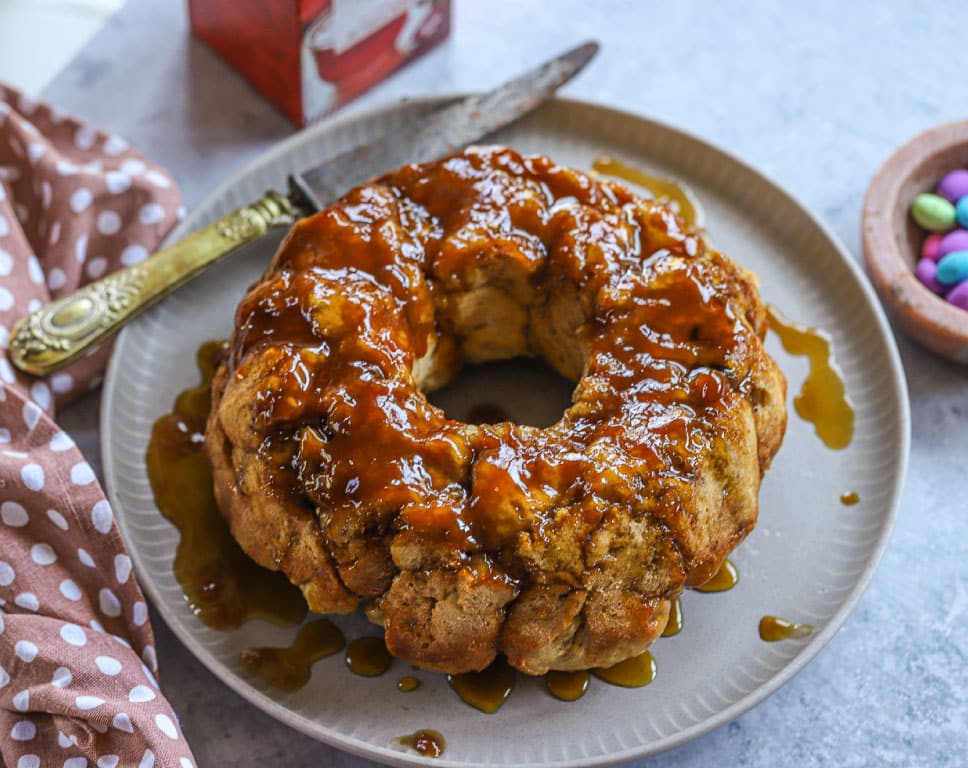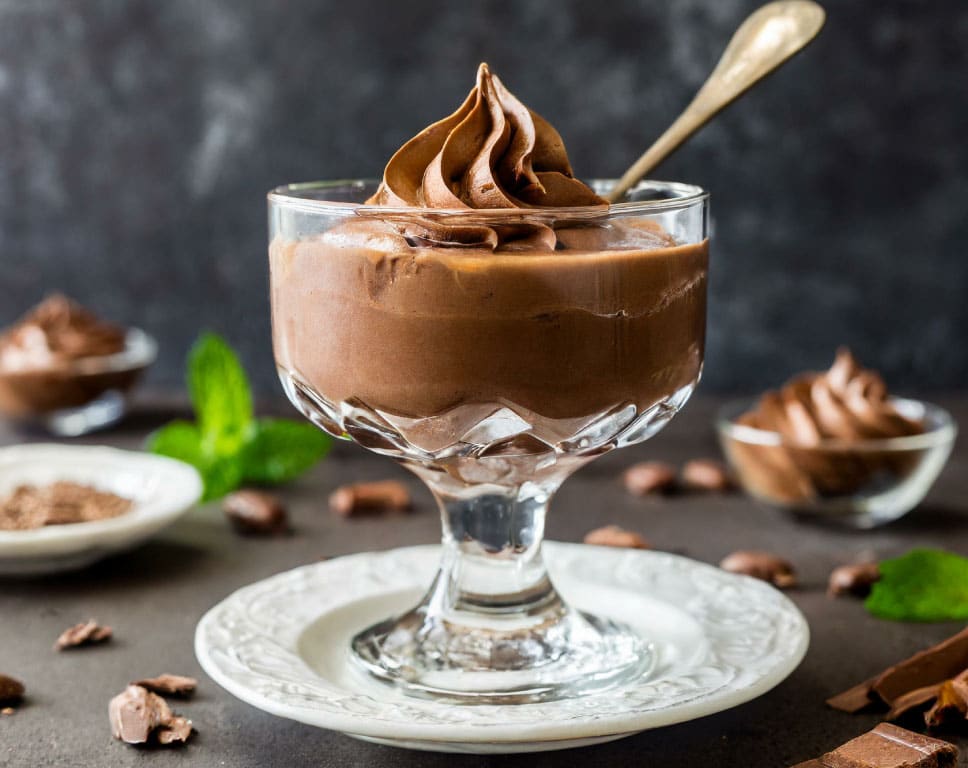If you are trying to eliminate sugar from your diet, there are specific ways you should substitute sugar in your favourite recipes.
Sugar substitutes come in various forms, sizes and flavours, so to speak. The various options you’ll find at your local Dis-Chem are generally categorised into two groups:
- Non-nutritive artificial sweeteners
- Natural sweeteners including non-nutritive sweeteners
READ MORE | Here’s The Low-Down On Sugar Tax
Artificial sweetener options
Artificial sweeteners offer the taste of sugar without the added calories. Your options include:
- Sucralose
- Saccharin
- Aspartame
- Neotame
- Acesulfame potassium
READ MORE | Kick That, Pick This: Enjoy Your Fave Snacks With These Smart Substitutions
Sources of natural sweetness
You can also find sweetness in natural food sources like honey, maple syrup, agave nectar, brown rice syrup or coconut sugar (while also processed, coconut sugar retains many nutrients, including healthful polyphenols and antioxidants as well as minerals such as iron, zinc, calcium, and potassium. It is also high in amino acids and contains beneficial inulin fibre, which may slow glucose absorption).
Plant-based non-nutritive sweeteners like stevia have also become popular sugar alternatives for those looking for natural options.
However, stevia is up to 200 times sweeter than sugar so it should be used sparingly.
Other popular naturally-occurring sugar substitutes include sugar alcohols like erythritol, xylitol and sorbitol.
These products rank low on the glycaemic index (GI) and have a negligible effect on blood sugar, if at all. And your body doesn’t require insulin to metabolise these substances, which makes them ideal for diabetics.
READ MORE | 5 Steps To Weight Loss Success
Choosing the best option
With so many options available, choosing the most appropriate option for your needs and lifestyle may seem complicated.
Various non-nutritive artificial sweeteners are the ideal option for calorie-conscious cooks and bakers who don’t want to sacrifice on taste.
Natural alternatives like erythritol, xylitol and sorbitol offer additional options for anyone looking to avoid artificial ingredients and is not as worried about the calories that these options add to the recipe or beverage.
If you opt for other natural sources of sweetness like honey, maple syrup, brown rice syrup, agave nectar or coconut sugar, it is important to use these products sparingly because they contain natural sugar and calories.
They also affect blood sugar in the same way as regular sugar but each offers a different flavour profile, which makes them great ways to get creative when baking cakes, cookies, breads and muffins.
Baked to perfection
Stevia is a popular replacement for sugar in most baking recipes but can leave a slightly bitter aftertaste. It is also up to 200 times sweeter than sugar so use it sparingly! Replace 1 cup of sugar with 1 teaspoon of stevia.
Use coconut sugar as a 1:1 replacement in recipes that call for brown sugar. You can also combine maple syrup and honey when baking muffins and cookies for natural sweetness. Use a ¾ cup measurement of syrup for every cup of sugar called for in a recipe.
While agave nectar is another option, it can make baked goods less tender and has a noticeably different flavour profile.
Xylitol is a suitable sugar alcohol to use when baking. While you can replace sugar with xylitol on a 1:1 basis, it is often best to use it smaller amounts due to its potential to cause gastrointestinal issues.
Erythritol is a good sugar alcohol option for dessert and sweet treat recipes that do not require baking.
When considering any other non-nutritive and artificial sugar alternatives, consider that many don’t provide the same volume and tenderness as sugar, and options like saccharin also have a strong aftertaste when heated. The artificial sweetener aspartame is not recommended for use in baking.

